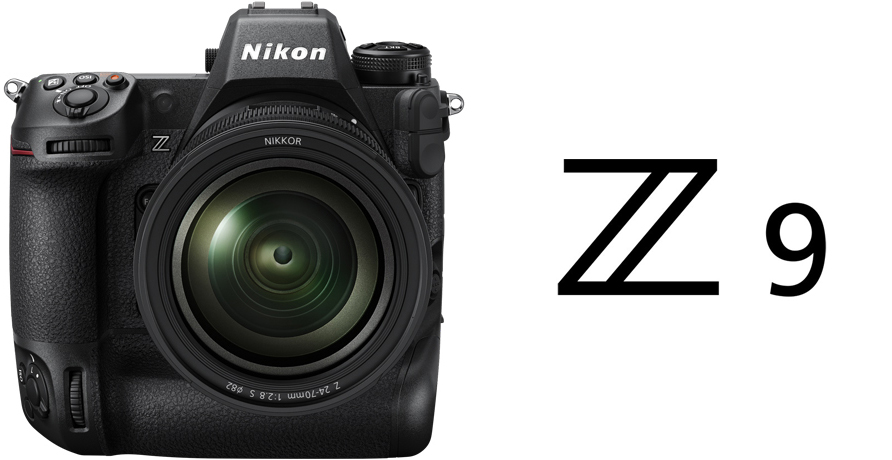Yes, I know the Z7II now has two slots and a battery grip, and I didn't mean to imply that Nikon were dumbing down the AF. I was just listing the things that meant the Z7 and to a lesser extent the Z7II was never viewed by me as a D850 replacement.
And while size is part of it, the pro Nikon bodies (D500, D850, D6 and predecessors) have always had different controls in different places to their other bodies that have clearly identified them as their pro bodies (the z9 also has this layout). It's always been a distinguishing feature of the Nikon "pro bodies" along with the memory banks.
But it was also the numbering, why start with a Z6 and Z7, it makes sense when you look at how the Ds might move across to the Zs:
Z6 -> D6xx
Z7 -> D7xx
Z8 -> D8xx
Z9 -> Dx
Taking it all together, it just never added up for me that the Z7 would be the D850 replacement.
Or you could say this:
Z5 -> D6xx
Z6 -> D7xx
Z7 -> D8xx
Z9 -> Dx
Mirrorless don't/won't necessarily follow the same style naming convention as DSLRs (Sony certainly don't and are also all over place, I think Nikon is the similar but less all over the place yet).
designing 5-6 different style bodies actually doesn't make a whole lot of sense any more. Partly the reason I think Sony have stuck with their not so ergonomically good designs.
The DSLR world started back when camera sales were lot higher and it made financial sense to design and make various bodies from low end APS-C (D3XXX) to high end APS-C to low-end FF to high end FF to sports bodies and so. There is no financial incentive to design so many body types like so and things are mostly consolidating now. You can see that even on canon the R5 and R6 are mostly the same body design despite at different price points and target audience. Same with panasonic.
Think you will have the standard FF (A7III, Z6, R6, S1) and high-res (A7RIV, Z7, R5, S1R) which will probably have the same body design. Then a compact or starter FF (Z5, A7C, RP, S5). Then there is the sports bodies does like Z9 or Sony A9 (now A1) and so on.
That's it I think there won't be many more bodies or difference between them. Only time will tell of course but that my take on it. If you want a D850 replacement Z7ii is it IMO.
Sony have gone even further and they basically have just 2 or 2.5 designs

One for APS-C the A6XXX style (which they reused for A7C) and the FF style which are all the same and the sport bodies are a slight modification on top of the standard bodies.
Canon looks to be heading the same way with their FF.
And Nikon seems to be the same also but they have larger sports body possibly.





